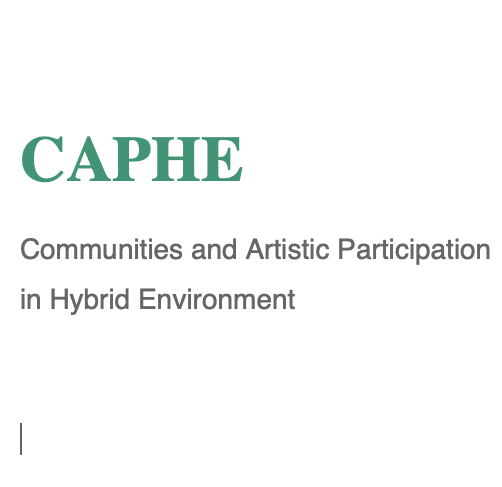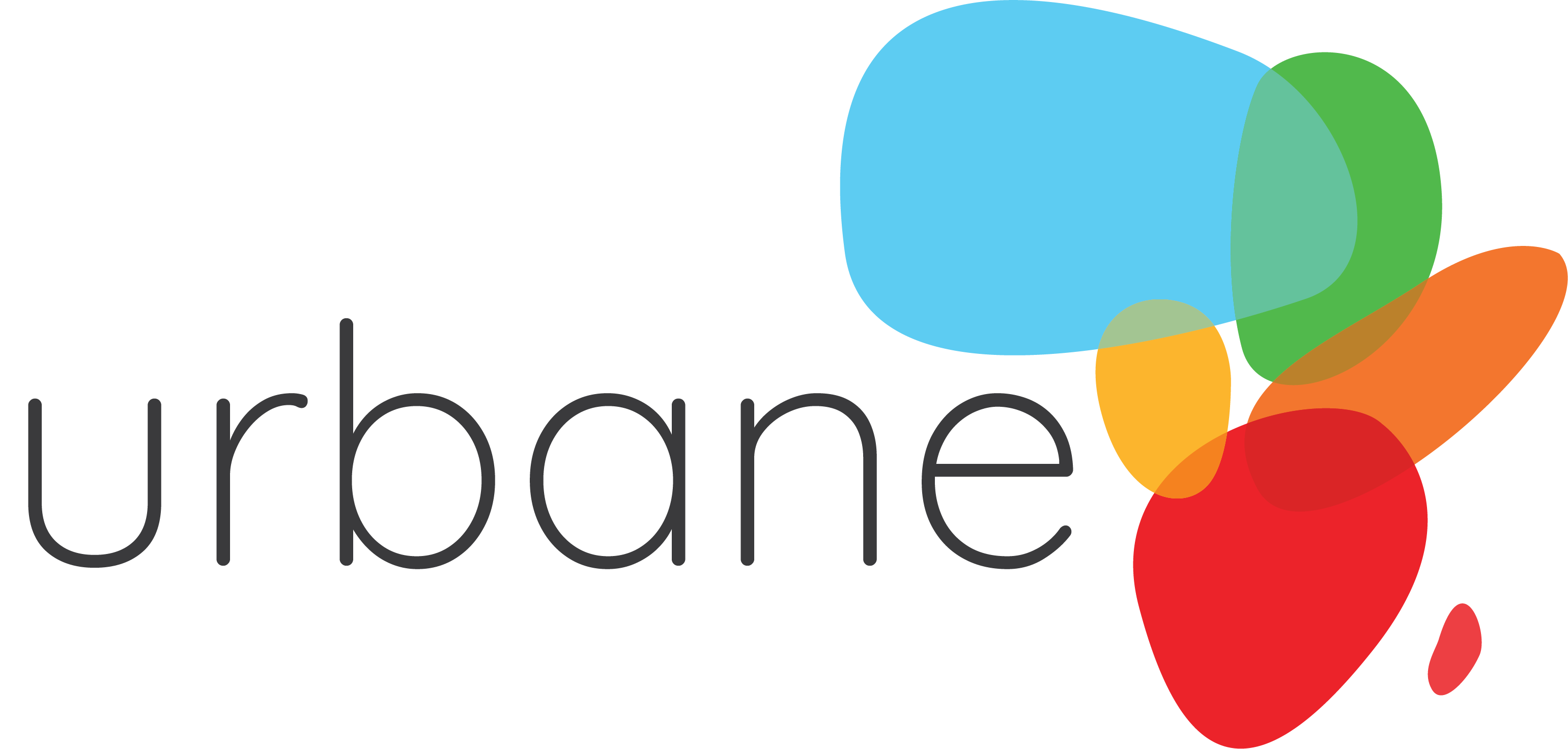In the course of January - February several events provided information about opportunities for researchers and African research institutions through the Horizon Europe Work Programme for 2023-24.
The events explained how to apply to these calls for proposals. Below are the Africa-specific calls for proposals for Cluster 6 (Food, Bioeconomy, Natural Resources, Agriculture and Environment) and Cluster 5 (Climate, Energy and Mobility)
Food, Bioeconomy, Natural Resources, Agriculture and Environment (Cluster 6)
Horizon Europe (2022) Work Programme 2023-2024 Food, Bioeconomy, Natural Resources, Agriculture and Environment # 595 p.
Deadline: 12 April 2023
- HORIZON-CL6-2023-FARM2FORK-01-17: EU-African Union cooperation – linking the activities of the Food and Nutrition Security and Sustainable Agriculture (FNSSA) partnership and those of the Pan-African Network for Economic Analysis of Policies (PANAP) (page 181)
- HORIZON-CL6-2023-FARM2FORK-01-18: Support for the implementation of a sustainable platform for the EU-African Union cooperation under the Food and Nutrition Security and Sustainable Agriculture (FNSSA) partnership (page 183)
- HORIZON-CL6-2023-FARM2FORK-01-20: EU-Africa Union – food safety (page 188)
- HORIZON-CL6-2024-FARM2FORK-01-10: EU-African Union cooperation on agroforestry management for climate change adaptation and mitigation (page 213)
- HORIZON-CL6-2024-FARM2FORK-01-11: EU-African Union – towards climate-neutral, social just fair trade food systems. (page 216)
Climate, Energy and Mobility (Cluster 5)
Horizon Europe (2022) Work Programme 2023-2024. Climate, Energy and Mobility #535 p.
Deadline: 18 April 2023
- HORIZON-CL5-2023-D1-01-11: Needs-based adaptation to climate change in Africa (page 51)
Enhance planning, implementation and evaluation of climate adaptation strategies and measures (including ecosystem-based adaptation and nature-based solutions, as well as integrated adaptation and mitigation actions) and the understanding of their socio-economic determinants and benefits. Promote better understanding and enhanced cooperation between various actors such as regional climate centres, national meteorological services, intermediaries, and end-users. Direct participation of relevant entities in the projects is strongly encouraged.
Deadline: 05 September 2023
- HORIZON-CL5-2023-D3-02-16: Accelerating the green transition and energy access in Africa (page 211)
- HORIZON-CL5-2024-D3-01-09: Africa-EU CO-FUND action - Strengthening of the joint EU-AU Climate Change and Sustainable Energy Collaborative Partnership efforts (page 242)
Overview of the events
- Mr. Jacob Kamwaria Njagih, Ag. Deputy Director, Resource Mobilisation and Partnerships, National Research Fund / Horizon Europe NCP - Ministry of Education
- Prof Walter O. Oyawa, Director General/CEO National Commission for Science, Technology and Innovation (NACOSTI)
- Prof Izael Pereira Da Silva, DVC - Research and Innovation, Strathmore University
Kenyan Scientists
Talk
- Dr. Joanes Atela/Dr. Charles Tonui, Africa Research and Impact Network (ARIN), partners of the
Horizon Europe project RURALITIES coordinating the actions of local and regional authorities in support of
rural innovations;
RURALITIES aspires to support the rural development. Mainly by delivering expertise as well as creating a learning framework of living labs by September 2027. This will be done via real-scale practicing (demonstrators) in six simplified rural socio-ecological systems (SIMSES), located in Italy, the United- Kingdom, Slovenia, Spain and Romania. The project’s main objective is to provide expertise and a learning framework that will improve the ecosystem and act on climate change through various innovative methodologies.
The African Research and Impact Network (ARIN) is an impact platform that brings together a network of scholars and policymakers across Africa. Areas of focus include natural resource management, climate change, agriculture, forestry, energy, water, and cities to leverage their knowledge and experiences in promoting research excellence and impact pathways.
- Dr Shem Kuyah, Senior lecturer, Department of Botany, JKUAT, Task leader of UPSCALE project
- Prof. George Odhiambo, Senior Lecturer, School of Agriculture, Maseno Univesity. UPSCALE project
UPSCALE aims to take key steps to realize the transformative potential of push-pull technology, to address food security, livelihoods and climate change resilience in the sub-Saharan region of East Africa, while reducing the environmental impact of agricultural practices. For this, it fosters the design, adaptation and adoption of strategies for integrated agro-ecological management based on push-pull technology for wide-spread and climate-resilient sustainable intensification.
The project activities will be conducted in five main study regions within East African countries (Ethiopia, Kenya, Uganda, Rwanda, Tanzania), each of these regions being selected to encompass different biophysical (including climate, soils, topography) and farming system characteristics.
The project activities will be conducted in five main study regions within East African countries (Ethiopia, Kenya, Uganda, Rwanda, Tanzania), each of these regions being selected to encompass different biophysical (including climate, soils, topography) and farming system characteristics.
"Imported seeds of Desmodium intortum are expensive and their availability is limited, presenting another challenge in up-take of the technology (...) Desmodium incanum (push) and Xaraes (pull), were used to develop a new third generation PPT. In the current study, effectiveness of the new version in controlling stemborers, fall armyworm (FAW), and striga weed is evaluated in comparison with the earlier version of climate-smart PPT, common farmer practices (FPs). (...) One of the major challenges in adoption of the technology is shortage of inputs especially desmodium seed, which is expensive for the resource-constrained farmers" See: Field evaluation of a new third generation push-pulltechnology for control of striga weed, stemborers, andfall armyworm in western Kenya
Coordinator: GOTTFRIED WILHELM LEIBNIZ UNIVERSITAET HANNOVER Germany
- THE INTERNATIONAL CENTRE OF INSECT
PHYSIOLOGY (ICIPE) AND ECOLOGY LBG Kenya
- BAYERISCHE FORSCHUNGSALLIANZ BAVARIAN
RESEARCH ALLIANCE GMBH Germany
- EASTERN AFRICA FARMERS' FEDERATION SOCIETY (EAFF) Kenya
- JOMO KENYATTA UNIVERSITY OF AGRICULTURE AND
TECHNOLOGY Kenya
- KENYA AGRICULTURAL AND LIVESTOCK RESEARCH
ORGANISATION KALRO Kenya
- MASENO UNIVERSITY Kenya
- FH ASSOCIATION Switzerland
- RWANDA AGRICULTURE AND ANIMAL RESOURCES
DEVELOPMENT BOARD Rwanda
- INOSENS DOO NOVI SAD Serbia
- UNIVERSITY OF KWAZULU-NATAL South
Africa
- LUNDS UNIVERSITET Sweden
- SVERIGES LANTBRUKSUNIVERSITET Sweden
- UNIVERSITAT ZURICH Switzerland
- TANZANIA AGRICULTURAL RESEARCH INSTITUTE Tanzania
- NATIONAL AGRICULTURAL RESEARCH ORGANISATION Uganda
- INSTITUTE FOR SUSTAINABLE DEVELOPMENT Ethiopia
- JULIUS-MAXIMILIANS-UNIVERSITAT WURZBURG Germany
- Prof. John Mugubi, Senior Lecturer, Department of Communication, Media, Film and Theatre
Studies working on projects: 1) Transcultural Perspectives of Art Education (TPAAE) and
2) Communities and Artistic Participation in Hybrid Environment (CAPHE)
The TPAAE project aims to investigate contemporary art and forms of art education in Europe and East Africa. The profound research in transcultural perspectives on art and art education will be realized within the TPAAE project by the Consortium containing academic and non-academic institutions from Poland (Academy of Art in Szczecin – AASZ, National Museum in Szczecin – NMS), Italy (University of Macerata – UNIMC), and Kenya (Pwani University – PUC, Kenyatta University – KU, Beneath the Baobabs. Distant Relatives Events Limited – BtB). All the institutions investigate culture and cultural heritage, and have complementary competences, allowing for research and implementation of the effects into practice.
The aim of this Horizon MSCA funded CAPHE project is to investigate and perform the possibility of elaboration of an enhanced model of interaction and somatic participation between artists and communities, coming from different cultural backgrounds, both traditional and virtual ones in hybrid environment, including physical, and virtual layers.
1 February 2023. Launch event Horizon Europe Launch Event – Focus on WP 2023-2024 and Africa Initiative II
This event was co-organised by Directorate-General for Research and Innovation, European Commission, the EU Delegation to the African Union, and EURAXESS Africa.
- Horizon Europe Launch Event – Focus on WP 2023-2024 and Africa Initiative II.pdf
- English (123.05 KB - PDF) Download
- 2023-02-01_Horizon Europe WP 23-24_Africa Initiative FINAL.pdf English (5.84 MB - PDF) Download
Opening EC and AUC
- Ambassador Birgitte Markussen, Head of Delegation of the EU Delegation to the AU
- Dr Monica Idinoba, Principal Research Scientist, Department of Education, Science, Technology & Innovation, African Union Commission
- Ms. Nienke Buisman, Head of Unit, International Cooperation, DG Research and Innovation, EC
Results of Africa Initiative I and future strategic priorities Horizon Europe and Africa Initiative II
- Dr. Piero Venturi, EU Science Counsellor to the AU, DG Research and Innovation, EC
Researchers Mobility
- Marie Skłodowska-Curie Actions (MSCA) Ms. Marija Mitic, Policy Officer, DG Education and Culture
- EURAXESS Africa Dr. Ahmed Maalel, Region Representative for Africa – EURAXESS Worldwide
African Scientists Talk and NCPs: The points of view of African scientists who participated in European R&I programmes and National Contact Points
- Mr. Okalany Emmanuel, RUFORUM (Uganda)
- Dr Solomon Benor, Horizon Europe NCP for Ethiopia
- Shem Kuyah, Jomo Kenyatta University of Agriculture and Technology (JKUAT) Kenya
1 February 2023. Événement de lancement d'Horizon Europe - Focus sur le WP 2023-2024 et l'Initiative Afrique II
Retour d’expérience de scientifiques ayant
participé à des projets soutenus par le
Programme-Cadre
- Prof. Ousmane Koita, Directeur du Laboratoire de Biologie Moléculaire Appliquée à la Faculté des Sciences Techniques de L’Université des Sciences et Techniques et des Technologies (USTTB) de Bamako, Mali
- Dr. Charles Kabore, Chercheur de l’Institut de Recherche en Sciences de la Santé (IRSS) Burkina Faso
- Mr. Mohamed Abdillahi Aden, Office de Développement de l'Energie Géothermique (ODDEG), Djibouti
6 February 2023. Virtual Event “Horizon Europe – Africa Initiative II: Focus on Rwanda”
Rwandese Scientists
Testimonials
- Dr Elizabeth Krebs, University of Rwanda & HPR
(Horizon Europe TRANS-SAFE project)
- Dr Alphonse Nkurunziza, University of Rwanda
(Horizon Europe TRANS-SAFE project & Horizon 2020 SESA project and
SOLUTIONSplus project)
In addressing the HORIZON-CL5-2021-D6-01-11 call topic, TRANS-SAFE leverages on existing partnerships to collaboratively design sustainable interventions that aim to radically transform road safety systems in Africa. SOLUTIONSplus - Integrating Urban Electric Mobility Solutions in the Context of the Paris Agreement, the Sustainable Development Goals and the New Urban Agenda. Demonstration actions will be launched in Hanoi (Vietnam), Pasig (Philippines), Lalitpur/Kathmandu (Nepal), Kigali (Rwanda), Dar es Salaam (Tanzania), Quito (Ecuador), Montevideo (Uruguay), Madrid (Spain), Nanjing (China) and Hamburg (Germany).
Smart Energy Solutions for Africa (SESA) is a collaborative project between the European Union and nine African countries (Ghana, Kenya, Malawi, Morocco, Namibia, Nigeria, Rwanda, South Africa and Tanzania ) that aims at providing energy access technologies and business models that are easily replicable and generate local opportunities for economic development and social cohesion in Africa
8 February 2023. Horizon Europe Nigerian National Contact Points’ Network Launch Event & Presentation of Work Programme 2023-2024 and its Africa Initiative II – Focus on Nigeria
Testimonials by Nigerian scientists who
are participating in Horizon Europe or who
participated in Horizon 2020
- Prof Michael Faborode, Horizon Europe NCP Coordinator
- Dr Maruf Sanni, Research Officer, National Centre for Technology Management (Horizon 2020 Marie Skłodowska-Curie Action grantee)
9 February 2023. Webinar sur le programme-cadre Horizon Europe pour la Recherche et l’Innovation – Focus sur le Programme de travail (PT) 2023-2024 et l'Initiative Afrique II et les opportunités pour le Sénégal
Les points de vue des scientifiques du Sénégal ayant participé aux programmes européens de R&I- Prof Ousman THIARE, Université Gaston Berger de Saint Louis (Projets WAZIUP, Open Innovation Platform for IoT Big Date in Sub-saharan Africa, Enabling Tech Hubs to Support Developers and Startups in building low cost end-to-end IoT solutions, and One Health Approaches to Support Agroecolocial Transformations of Peri-Urban Farming - URBANE)
WAZIUP is a European Union-Africa project developing IoT technologies in Africa. “Wazi” is a Swahili word for “open”: WAZI-UP opens-up new IoT technologies for African countries. It develops cutting edge IoT, cost-effective communications and big data technologies for the needs of the developing countries.
URBANE- will design real-world case studies that cover different agroecological zones focused on Western Africa. Through sustainable agroecological practices in the peri-urban environment, URBANE aims to make cities more sustainable and inclusive, while boosting the productivity of small-scale food producers located in the peri-urban environment. - Dr Cheickh Sadibou FALL, Bureau d'Analyses Macro-Economiques (BAME) Institut Sénégalais de Recherches Agricoles (ISRA) (Projet AgfoodTrade, FP7)
- Dr Xavier BERTHET Directeur scientifique Institut Pasteur de Dakar (projets ZikaPlan, Zikalliance, EVA G, MediLab Secure, LabPlus Africa)
9 February 2023. Horizon Europe Launch Event – Focus on WP 2023-2024 and Africa Initiative II - Focus on Ethiopia
The points of view of Ethiopian scientists who participated in European R&I programmes and National Contact Points
- Dr Solomon Benor, Horizon Europe NCP for Ethiopia
- Dr Adane Mihret, Armauer Hansen Research Institute, Addis Ababa (AHRI)
14 February 2023. Horizon Europe Launch Event – Focus on WP 2023-2024 and Africa Initiative II, Mauritius
The points of view of scientists who participated in European R&I programmes
- Nadine Laguette from Mauritius is Group Leader - Molecular Basis of Inflammation Lab chez Institut de Génétique Humaine, Montpellier, France, Nominated by. European Research Council (ERC)
Sharing experience and
best practice from a
South African
Perspective:
- Experience by one NCP. (Dr Barend Taute, Former NCP for Security)
- Experience by Researcher #1. (TBC)
- Experience by Emerging Researcher #2. (Ms Sumeera Gopal, MSc (PhD candidate) Nuclear Physics, University of Western Cape









No comments:
Post a Comment